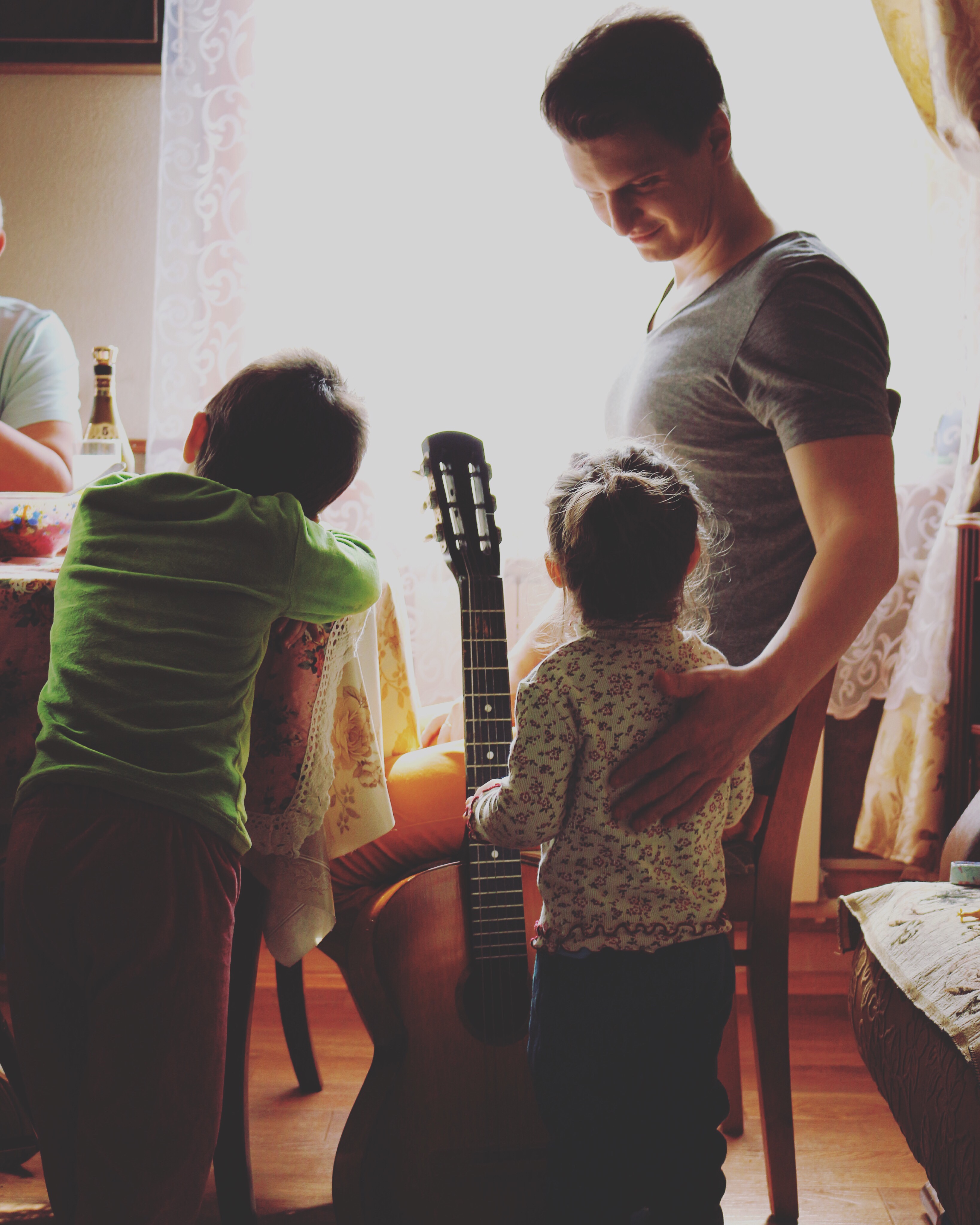
July 10, 2020 by Robert Franklin, JD, Member, National Board of Directors
Karen Woodall is a British psychotherapist who blogs extensively about parental alienation. She’s one of the clearest, strongest voices in the fight to make family courts more equitable for parents and healthier for children. Her views deserve respect.
That makes her opinion about the recent case, Re S, cause for some celebration. Woodall calls the case in the UK Court of Appeal, “highly significant” and “exceptionally clear commentary on the Court’s view of the problem of a child’s unjustified rejection of a parent after divorce or separation.” Finally, it may be that British courts have had enough of parents who alienate their children.
In the past, one of the most important problems encountered by alienated parents has been the scandalous amount of time and money it cost to litigate issues of parental alienation. The Re S judges cite a few cases to illustrate.
Unhappily, reported decisions in this area tend to take the form of a post mortem examination of a lost parental relationship. Re A (above): 12 years of proceedings, 82 court orders, 7 judges, 10 CAFCASS officers, no contact. Re D (Intractable Contact Dispute: Publicity) [2004] EWHC 727 (Fam); [2004] 1 FLR 1226 (Munby J): 5 years of proceedings, 43 hearings, 16 judges, no contact. Re A (Children) (Parental Alienation) [2019] EWFC B56 (HHJ Wildblood QC): 8 years of proceedings, 36 hearings, 10 professionals, no contact despite an attempted change of residence. In some cases (e.g. Re A) a formal finding of a breach of the state’s procedural obligation under Article 8 was made. Another recent example is Pisica v Moldova (Application No 23641/17) 29 October 2019, where a mother was deprived of contact despite five years of proceedings during which she had obtained orders for the children to live with her.
Needless to say, those cases are outrageous. They not only deny justice to alienated parents, they deny healthy parental relationships to alienated children. Plus, they’re proof positive of a dysfunctional family court system, a system that routinely fails to enforce the orders it makes. It is almost beyond belief that any court would endure, in a single case, “12 years of proceedings, 82 court orders, 7 judges, 10 CAFCASS officers.” Why not haul the parents and the kids into court, transfer custody from the alienating parent to the targeted one and effectuate the order then and there? Courts have great power. Why not use it?
And, more or less, that’s the main point made by the justices in Re S. They’re telling lower courts to take action, decisively and quickly, to not allow alienation to get out of hand, to treat cases of PA with “exceptional diligence.”
In summary, in a situation of parental alienation the obligation on the court is to respond with exceptional diligence and take whatever effective measures are available. The situation calls for judicial resolve because the line of least resistance is likely to be less stressful for the child and for the court in the short term. But it does not represent a solution to the problem. Inaction will probably reinforce the position of the stronger party at the expense of the weaker party and the bar will be raised for the next attempt at intervention. Above all, the obligation on the court is to keep the child’s medium to long term welfare at the forefront of its mind and wherever possible to uphold the child and parent’s right to respect for family life before it is breached. In making its overall welfare decision the court must therefore be alert to early signs of alienation. What will amount to effective action will be a matter of judgement, but it is emphatically not necessary to wait for serious, worse still irreparable, harm to be done before appropriate action is taken.
That’s good advice that lower courts need to take and act on.
